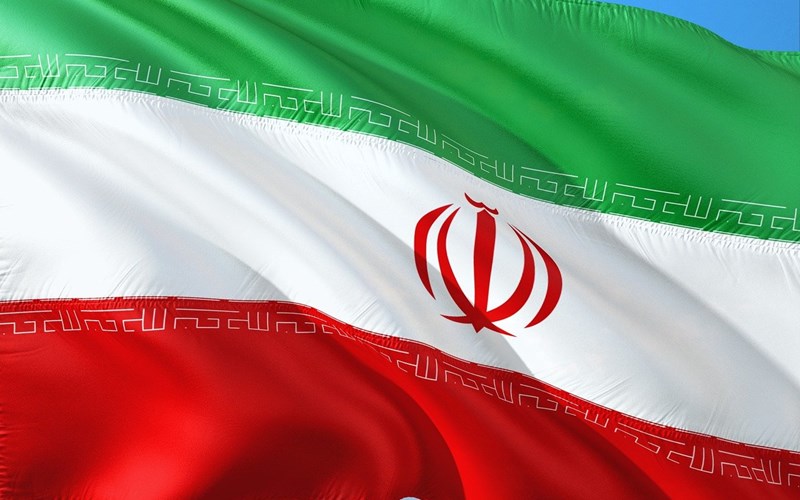American Family News spoke to Yoram Ettinger, former minister for Congressional Affairs at Israel’s Embassy in D.C. and a consultant to Israeli and U.S. legislators. Iran and Venezuela, he warns, have shared a strategic partnership with one another that dates back to the early 1980s.
Alarmingly, he says, Iran become “the number one epicenter of anti-American terrorism, drug-trafficking, money laundering, and proliferation of ballistic missiles to rogue regimes.”
Ettinger explains that “the reason the ayatollahs focused on Venezuela, in particular, and Latin American, in general, was because they believe [the region] constitutes the soft underbelly of the USA.” He emphasizes that this places Iran in “the strategic backyard” of the United States, adding that the United States is an “ideological and strategic enemy” to both.
“Therefore,” he points out, “an autocratic, despotic, ultra-Shiite Islamic regime like Iran has found a common denominator with the despotic, ultra-socialistic Communistic regime of Venezuela due to their joint hatred of the United States and the West in general.”
The Iranian regime recognized Venezuela to be “a very fertile ground for recruiting and training terrorists.” Throughout Venezuela and all of Latin America, terrorists are being recruited and trained,” Ettinger notes. Iran’s Islamic Revolutionary Guards Corps (IRGC) and Lebanon’s Hezbollah both have a footprint in Venezuela.
The county has also created very effective partnerships with leading drug cartels of Mexico, he says.
“As a result,” he says, “Venezuela has become a convenient partner for Iran in money laundering, which funds much of Iran’s illicit activities in the area of terrorism, subversion, and drug trafficking in Latin America as well as in West Africa and the Persian Gulf itself.”
Interestingly, Ettinger says, Iran has also been supplying advanced, unmanned aerial vehicles to Venezuela since 2007.
To that end, Uzi Rubin, an analyst with the Jerusalem Institute for Strategy and Security, has observed that Iranians are now increasing the range of the UAVs. That means one in the hands of Venezuela can make a “one-way journey” north to the U.S. state of Florida.
According to author Robert M. Morgenthau, Iranian military advisors have been embedded with Venezuelan troops dating back to 2006. In that training, the U.S. Army field manual has been tossed aside in favor of asymmetric warfare used by Iran’s Revolutionary Guard, and by terrorist groups Hezbollah and Hamas.
With the Iran-Venezuela partnership, the threat from Iran to the United States is “very serious,” Ettinger tells AFN, because Iran is at “America’s back door” in Mexico. The same tunnel systems in Gaza used by Islamic terrorists to attack Israel can be done in Mexico, too.
“The bottom line is that for Iran, which views the U.S. as their number one hurdle and their number one target, Venezuela has been one of the most effective partners anywhere in the world,” Ettinger argues. “Iran has entrenched itself very effectively south of the border [of the United States], all the way from Chile in the south to the U.S.-Mexico border in the north.”







